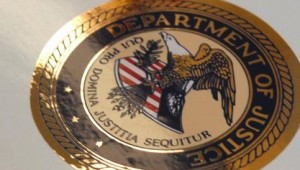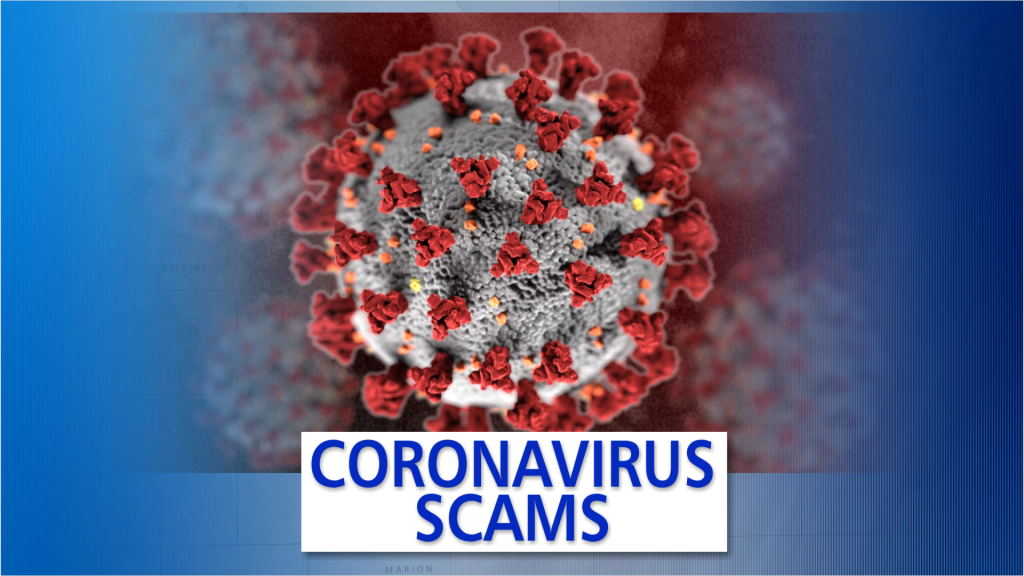WASHINGTON D.C.
A dual-resident of New York and Florida with fraudulently obtaining and laundering nearly $4 million in funds from the COVID-19 relief Paycheck Protection Program (PPP), officials stated.
 According to court documents, Gregory J. Blotnick, 34, of New York City and West Palm Beach, used a variety of false representations to fraudulently obtain more than $3.8 million in federal COVID-19 PPP funds.
According to court documents, Gregory J. Blotnick, 34, of New York City and West Palm Beach, used a variety of false representations to fraudulently obtain more than $3.8 million in federal COVID-19 PPP funds.
To obtain the loan money, Blotnick submitted eight falsified loan applications to numerous lenders on behalf of five of Blotnick’s businesses, including his New York City-based hedge fund management firm, Brattle Street Capital LLC and related entities.
To obtain the PPP loans, Blotnick submitted false information, including the number of his employees, federal tax returns for his businesses, and his payroll documentation, and he certified that he would use the loan money only for business-related purposes.
 After fraudulently obtaining the loans, Blotnick laundered and misused the loan proceeds by, among other things, transferring those proceeds to brokerage accounts and placing more than $3 million in losing stock trades.
After fraudulently obtaining the loans, Blotnick laundered and misused the loan proceeds by, among other things, transferring those proceeds to brokerage accounts and placing more than $3 million in losing stock trades.
“Not only did Blotnick fraudulently obtain almost $4 million in relief funds reserved for those suffering serious financial harm from the tragic COVID-19 pandemic, he also lied about how he would use those funds, placing millions of dollars in losing stock trades,” said Acting Assistant Attorney General Nicholas L. McQuaid of the Justice Department’s Criminal Division. “The Justice Department and its law enforcement partners remain committed to aggressively pursuing and holding accountable fraudsters who treat COVID-19 relief programs like a personal piggy bank.”
 Blotnick is charged with eight counts of wire fraud and six counts of money laundering. The defendant is scheduled for his initial court appearance on May 19, before U.S. Magistrate Judge Edward S. Kiel of the U.S. District Court for the District of New Jersey.
Blotnick is charged with eight counts of wire fraud and six counts of money laundering. The defendant is scheduled for his initial court appearance on May 19, before U.S. Magistrate Judge Edward S. Kiel of the U.S. District Court for the District of New Jersey.
If convicted, he faces a maximum penalty of 20 years in prison for each count of wire fraud, and a maximum of 10 years in prison for each count of money laundering. A federal district court judge will determine any sentence after considering the U.S. Sentencing Guidelines and other statutory factors.
DOJ NOTED:
This is an ongoing investigation.
The Coronavirus Aid, Relief, and Economic Security (CARES) Act is a federal law enacted on March 29, 2020, designed to provide emergency financial assistance to the millions of Americans who are suffering the economic effects caused by the COVID-19 pandemic.
One source of relief provided by the CARES Act was the authorization of up to $349 billion in forgivable loans to small businesses for job retention and certain other expenses, through the PPP. In April 2020, Congress authorized over $300 billion in additional PPP funding.
The PPP allows qualifying small businesses and other organizations to receive loans with a maturity of two years and an interest rate of 1%. PPP loan proceeds must be used by businesses on payroll costs, interest on mortgages, rent, and utilities.
The PPP allows the interest and principal on the PPP loan to be forgiven if the business spends the loan proceeds on these expense items within a designated period of time after receiving the proceeds and uses at least a certain percentage of the PPP loan proceeds on payroll expenses.
The Fraud Section leads the Department of Justice’s prosecution of fraud schemes that exploit the CARES Act.
In the months since the CARES Act was passed, Fraud Section attorneys have prosecuted more than 100 defendants in more than 70 criminal cases.
The Fraud Section has also seized more than $65 million in cash proceeds derived from fraudulently obtained PPP funds, as well as numerous real-estate properties and luxury items purchased with such proceeds. More information can be found at: https://www.justice.gov/criminal-fraud/cares-act-fraud.
Anyone with general information about allegations of attempted fraud involving COVID-19 can report it by calling the Justice Department’s National Center for Disaster Fraud Hotline at 866-720-5721 or via the NCDF Web Complaint Form at: https://www.justice.gov/disaster-fraud/ncdf-disaster-complaint-form.

